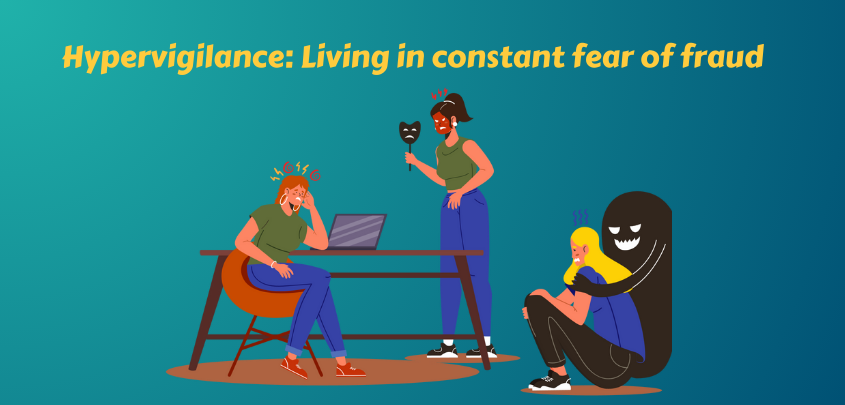
15, Jan, 2025
Overcompensating: The Hypervigilance Trap After a Crime
Experiencing a crime can leave you feeling vulnerable and determined to prevent it from happening again. While vigilance is healthy, overcompensating by becoming hypervigilant can create its own set of challenges, impacting your mental well-being and daily interactions.
Hypervigilance often stems from a desire to regain control. Victims may double-check locks repeatedly, avoid certain places or people, or obsessively monitor online activities. While these behaviors provide temporary reassurance, they can escalate into a constant state of anxiety, making you feel trapped by fear rather than protected.
Here’s how hypervigilance can affect you:
- Emotional Exhaustion: Constantly being on edge drains mental energy and affects focus.
- Relationship Strain: Hypervigilant behaviors, like mistrusting loved ones, can create distance in relationships.
- Missed Opportunities: Avoiding situations due to fear can limit personal and professional growth.
Balancing Vigilance with Confidence
- Set Boundaries for Precautions: Limit how often you check security measures or reassess situations. Trust the safeguards you’ve put in place.
- Challenge Your Thoughts: Ask yourself if a fear is realistic or exaggerated. Mindfully replacing fear-based thoughts with rational ones helps reduce hypervigilance.
- Focus on Empowerment: Instead of fixating on potential threats, invest time in learning skills like self-defense, online safety practices, or stress management techniques.
Hypervigilance might feel protective, but it often becomes a trap, holding you back from living fully. Gradually easing out of this state allows you to reclaim your sense of security without being governed by fear.
For more advice on overcoming the psychological impact of crime, keep following us!
